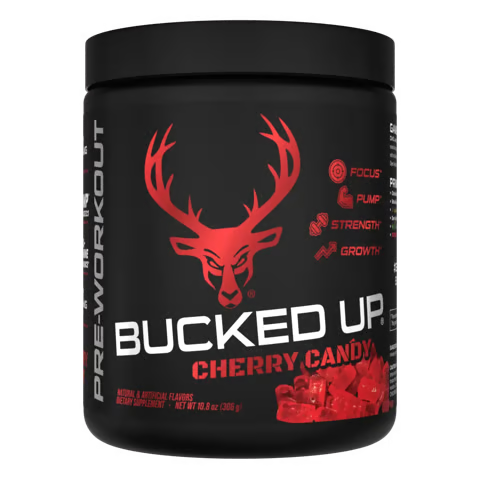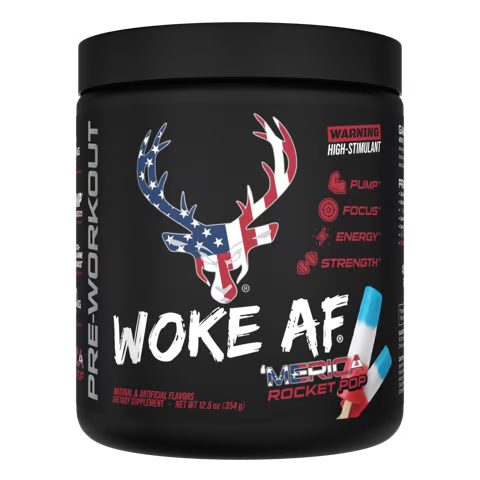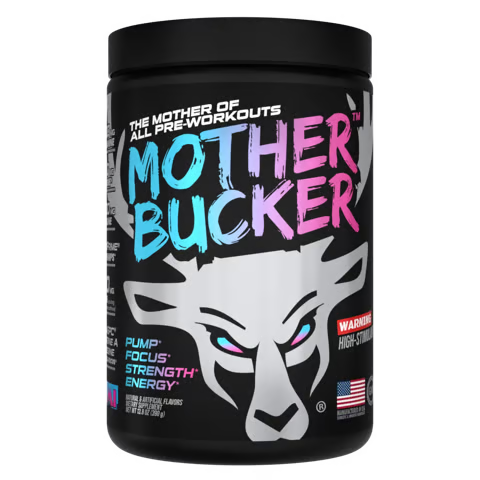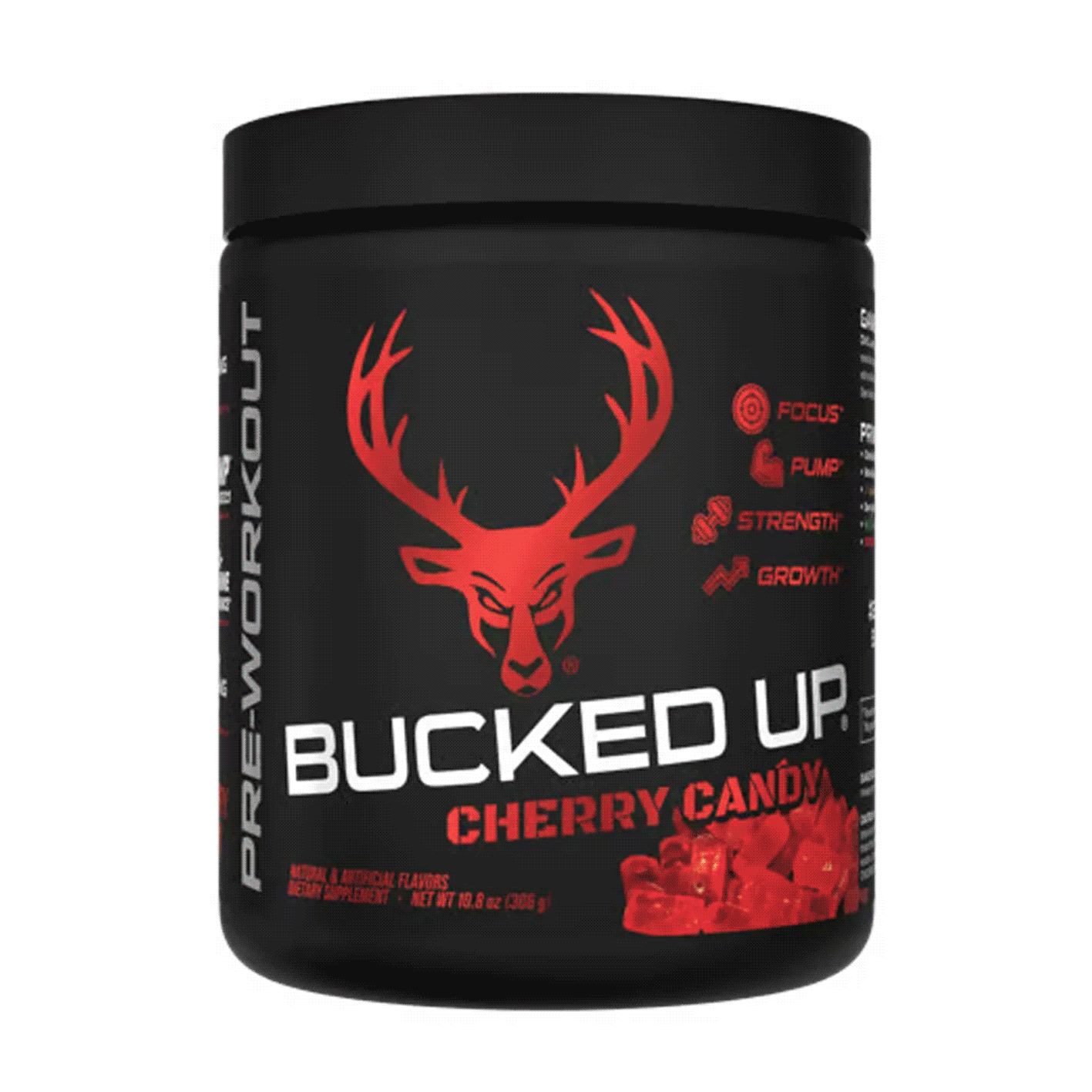Navigating the supplement industry can feel like a maze, with endless pre-workout options promising more energy, sharper focus, and better results. But how do you know what’s safe or even effective? Third-party testing offers a clear solution by independently verifying what’s in your pre-workout. This guide breaks down why this external check is critical for athletes and fitness fans alike, helping you choose supplements that are safe, clean, and reliable for your performance goals.
Why Third-Party Testing Matters for Pre-Workout Safety
Safety in the supplement world isn’t always a given. The industry’s regulations put most of the responsibility on manufacturers, meaning dietary supplements hit the market without prior safety or label accuracy checks by authorities. This gap can leave consumers vulnerable.
Contaminated supplements have caused real harm, from athletes failing drug tests due to hidden steroids to everyday users facing health issues from unlisted ingredients. These risks hit close to home for anyone using pre-workouts, which often contain stimulants and complex formulas.
Here are common problems in the pre-workout space:
- Inaccurate labels with ingredient amounts that don’t match reality.
- Contamination from banned substances during production.
- Hidden ingredients like undisclosed stimulants or drugs.
- Heavy metals, such as lead or mercury, from low-quality materials.
- Bacterial or mold growth that could make you sick.
Third-party testing steps in to verify what’s in your pre-workout, giving you confidence that it’ssafe and effective, whether you’re training for competition or personal goals.
Ready to prioritize safety? Explore pre-workouts built on transparency and strict quality standards.
Understanding Certifications: A Guide to Pre-Workout Purity
What Third-Party Testing Means for You
Third-party testing happens when independent labs evaluate supplements for safety, purity, and accurate labeling. These tests are separate from the manufacturer’s control, offering an unbiased look at what’s really in the product.
For pre-workouts, this process is especially important due to their blend of stimulants and performance ingredients. Testing checks if the contents match the label, screens for contaminants, and confirms no banned substances are present, protecting your health and competitive status.
Certifications to Trust in Pre-Workouts
Certain certification programs stand out for their thorough standards. Look for products tested by labs or programs meeting ISO 17065 and ISO 17025 benchmarks for reliability.
|
Certification |
Key Focus |
Banned Substances Tested |
Continuous Checks? |
|
NSF Certified for Sport® |
Testing, label accuracy, facility audits |
Over 290 (stimulants, steroids, etc.) |
Yes, with surprise audits |
|
Informed Sport |
Banned substance and batch testing |
Full WADA prohibited list |
Yes, regular follow-ups |
|
ISO 17025 Lab |
Lab testing for purity, identity |
Depends on test scope |
Not applicable |
More Than Just Banned Substances
Testing goes beyond checking for banned substances. It also screens for heavy metals like lead or arsenic, pesticide residues in plant-based ingredients, and harmful microbes that could cause illness.
How Labs Ensure Pre-Workout Quality
Facility Standards and Manufacturing Checks
Quality testing isn’t just about the final product. It includes inspecting manufacturing facilities for Good Manufacturing Practices (GMP) to ensure proper production and storage. Audits look at everything from raw material handling to equipment cleanliness, reducing contamination risks.
For pre-workouts, auditors focus on how stimulants are managed to prevent errors in mixing or dosing, ensuring each batch meets strict safety guidelines.
Confirming Ingredients and Doses
Labs use advanced tools like chromatography to confirm the presence and quantity of ingredients in pre-workouts. This ensures compounds like caffeine or beta-alanine are dosed as promised, balancing both safety and performance impact.
Testing starts with raw materials, checking their purity before they’re mixed, adding an extra layer of quality control for consistent results.
Screening for Harmful Substances
Comprehensive tests, such as those by NSF, cover over 290 banned substances, detecting even tiny traces. This protects athletes from doping risks and ensures everyone avoids harmful compounds. Additional checks look for environmental pollutants or industrial chemicals that might sneak into the supply chain.
Why Continuous Monitoring Counts
Quality isn’t a one-time check. Programs like NSF include ongoing testing and yearly audits to maintain standards. Surprise inspections and batch testing keep manufacturers accountable, ensuring your pre-workout remains reliable over time.
Want consistent quality? Check out third-party tested pre-workouts you can count on for performance.
Bucked Up: Quality You Can Trust in Pre-Workouts
At Bucked Up, we’re committed to delivering pre-workouts that meet high standards for safety and effectiveness. Our products are made in GMP-certified facilities in the U.S., following strict protocols to maintain quality at every step.
We believe in full transparency, listing every ingredient with clear dosages instead of hiding behind proprietary blends. This lets you know exactly what you’re getting and trust in the results.
Our range covers all needs, from the standard Bucked Up Pre-Workout with 200mg of caffeine to the intense Mother Bucker with 400mg of balanced stimulants. Each formula undergoes thorough internal testing to align with industry safety and performance benchmarks.
We also focus on educating our community, sharing the science behind our ingredients and how they support your training. This empowers you to make choices that fit your goals.



Looking for energy and focus in every scoop? Shop Bucked Up pre-workouts to match your training intensity with great taste.
How to Spot a Reliable, Tested Pre-Workout
Check the Label for Clear Indicators
A trustworthy pre-workout will show certification logos from programs like NSF Certified for Sport® or Informed Sport on the packaging. These badges signal independent safety checks.
Skip products with vague “proprietary blends” that hide ingredient amounts. Instead, choose labels listing each component with exact doses, especially for caffeine, so you can gauge what works for your tolerance.
Also, look for lot numbers, expiration dates, and manufacturer contact details. These show accountability and help with traceability if issues arise.
Dig Deeper into Brand Practices
Quality goes beyond the label. Check a brand’s website for details on their testing methods, manufacturing setup, and ingredient sourcing. Transparent companies often share certificates of analysis or quality control steps.
Brands offering educational content about supplement science or proper use show they care about your success, not just sales. Detailed customer reviews can also highlight a product’s real-world consistency and effects.
Common Questions About Tested Pre-Workouts
Why Government Rules Alone Aren’t Enough
Unlike medications, dietary supplements don’t need pre-market approval for safety or effectiveness. This means they can reach shelves without independent checks, leaving safety largely up to manufacturers. Third-party testing fills this gap with unbiased verification, ensuring pre-workouts are safe and accurately labeled despite limited oversight.
Is Testing Necessary for Every Pre-Workout?
While not legally required, third-party testing offers the highest level of safety assurance. Athletes under drug testing rules should always choose certified products to avoid banned substance risks. Even casual users benefit from tested options, given known cases of contamination causing health issues across the supplement market.
Can a Tested Pre-Workout Still Not Work?
Testing confirms safety and label accuracy, not effectiveness. A pre-workout might be safe but ineffective if its ingredients lack scientific backing or are under-dosed. Pair safety certification with research into proven ingredients and proper dosages for the best results. Brands like Bucked Up focus on both for reliable performance.
How Often Should Testing Occur?
Regular testing and facility audits offer stronger protection than a single check. Batch testing ensures each production run meets standards, while yearly audits and surprise visits catch issues early. Testing frequency should increase with changes in suppliers or formulas to maintain consistent quality.
What If I Have a Bad Reaction?
Even tested products can cause reactions based on personal sensitivity or misuse. Stop using the pre-workout if you feel unwell, and see a healthcare provider if symptoms last. Note details like product name, batch, dose, and effects for reference. Reach out to the manufacturer for support, and consult a professional before trying similar products again.
Wrap-Up: Train Confidently with a Tested Pre-Workout
Third-party testing sets a high bar for supplement safety in an industry where oversight is often minimal. For pre-workouts, these independent checks confirm purity, accurate dosing, and safety, helping you make smart choices for your fitness journey.
Quality certifications cover everything from banned substance scans to facility audits and ongoing checks, addressing the complex risks of supplement production. Whether you’re an athlete avoiding doping risks or just aiming for better workouts, tested products offer unmatched reliability.
Knowing how to spot credible certifications, read labels, and research brands equips you to pick pre-workouts that support your goals without health risks. Investing in quality pays off with consistent results and peace of mind.
Ready to boost your workouts? Discover Bucked Up pre-workouts for energy, focus, and endurance with flavors you’ll love.
Disclaimer: These statements have not been evaluated by the Food and Drug Administration. This product is not intended to diagnose, treat, cure, or prevent any disease.




